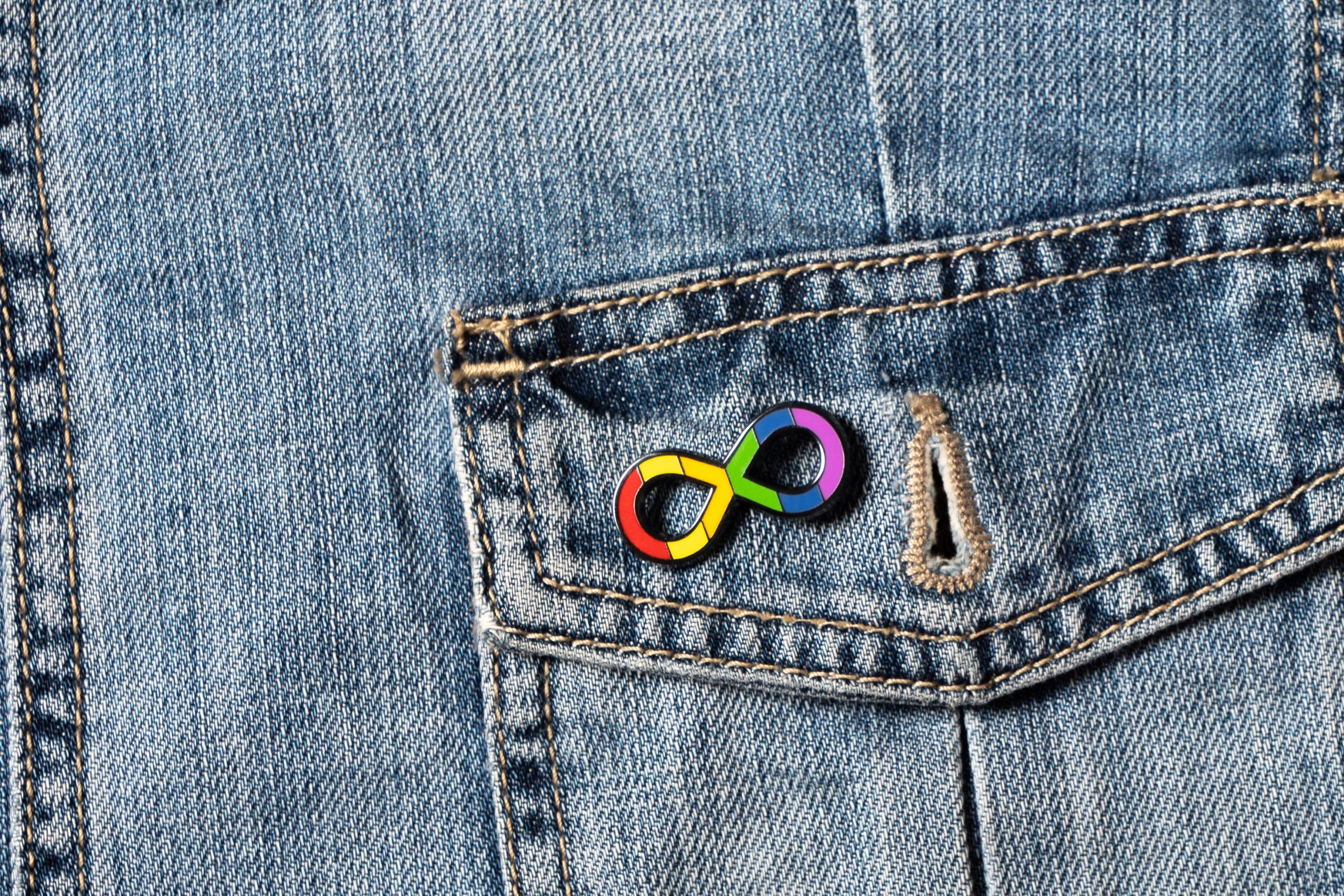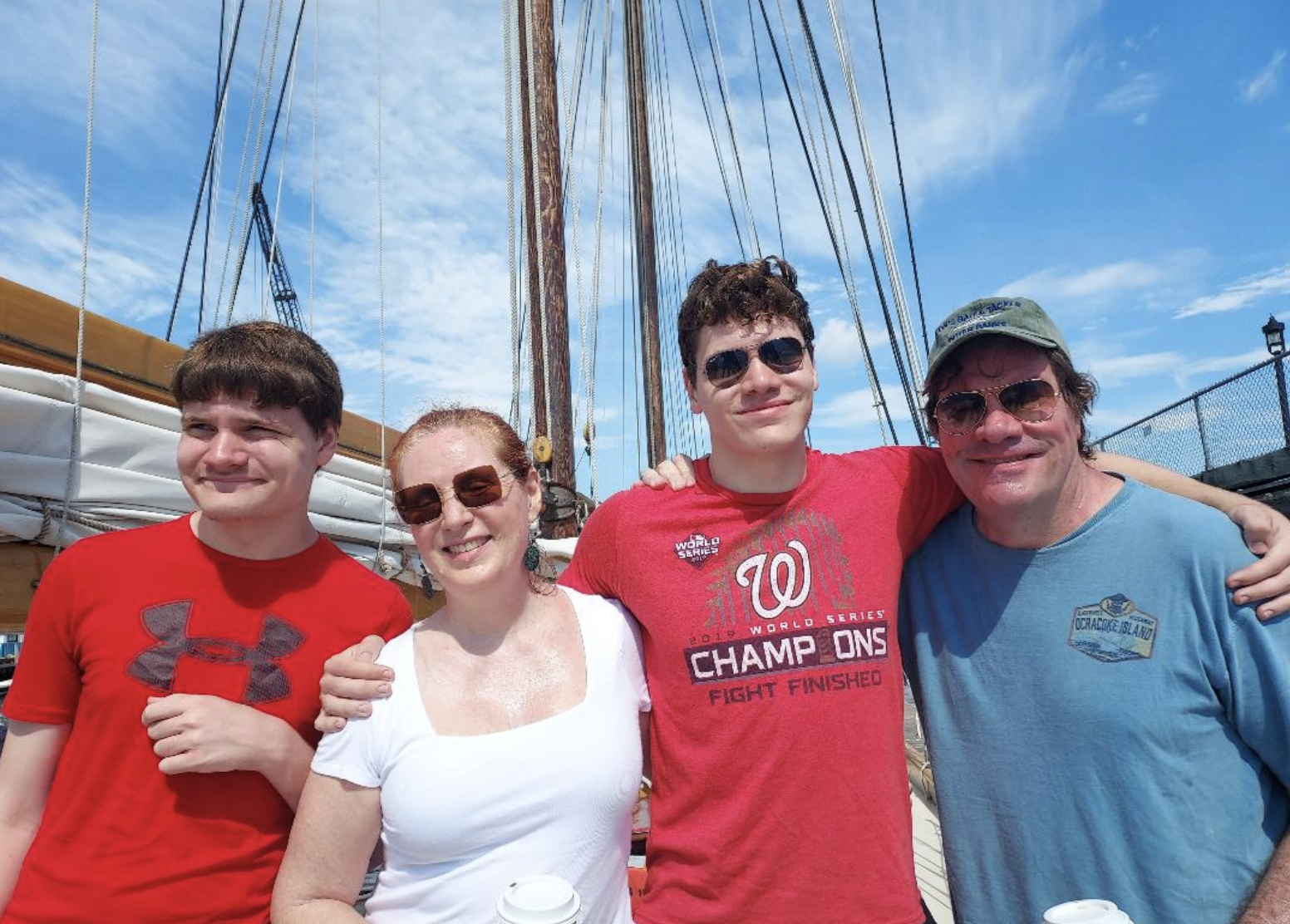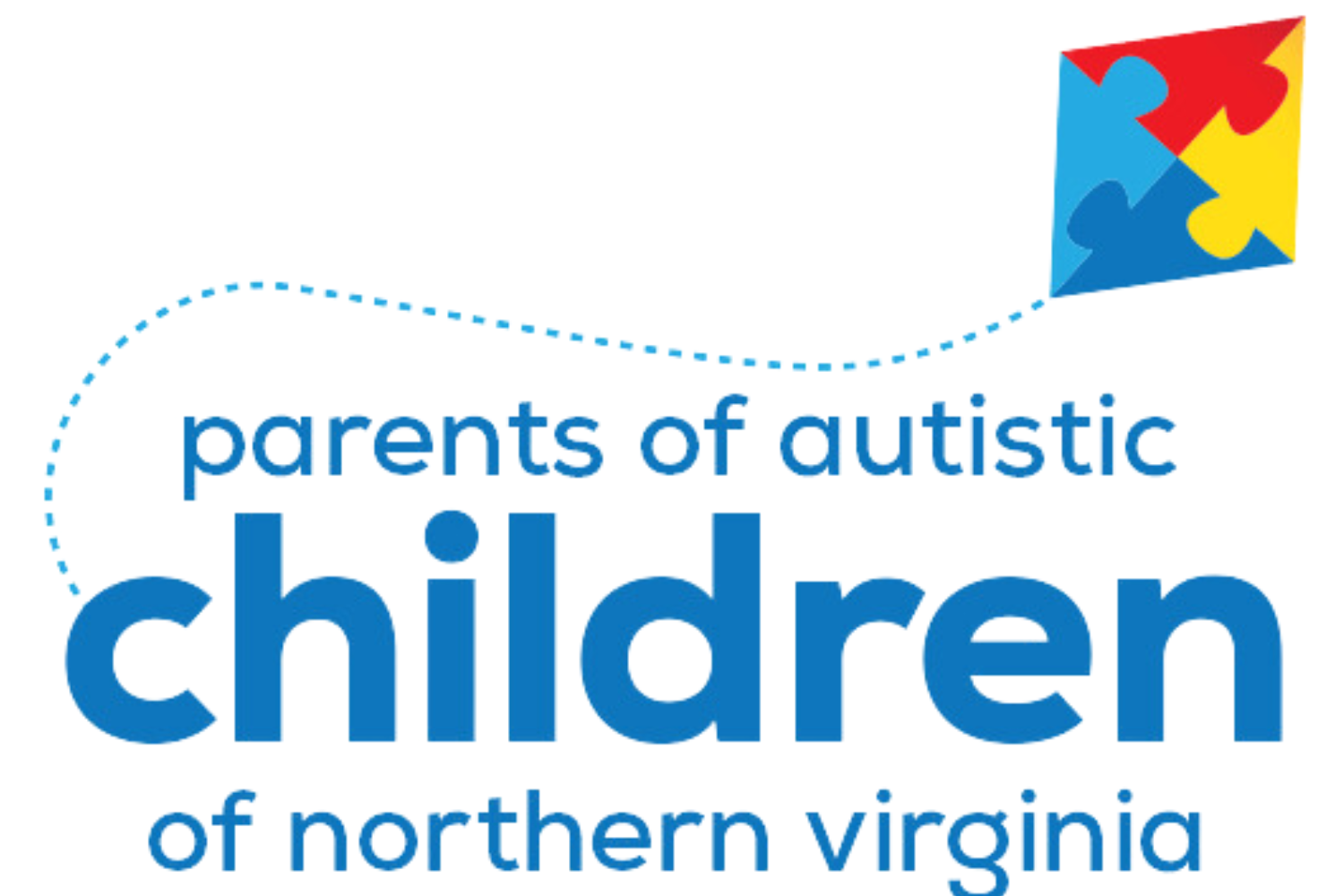Welcome!
POAC-NoVA welcomes you to the community of family members of children on the autism spectrum.
I am Susan Edgerton. I have served as POAC-NoVA’s president for more than a decade now and I still feel like I’ve gotten as much back from this community as I have put into it. You have been such an important part of my family’s journey and I have learned so much from you. I hope POAC-NoVA offers you the same support and sense of community I have gotten from it.
Like many of you, I came to POAC-NoVA feeling confused and overwhelmed by the diagnoses of both of my sons. We agreed to give up my older son’s access to IEP services shortly after he began elementary school and he successfully assimilated with his general ed peers. He is now a full-time college student. My younger son, Sam has benefited from many of the specialized programs and accommodations offered by Fairfax County. Starting with non-categorical special ed preschool, the Preschool Autism Classroom (PAC), and Enhanced Autism Classrooms (EAC), he eventually accessed the general education curriculum in smaller classrooms. Along the way, we accessed the same services many of you have found—ABA, speech, assistive technology, occupational therapy, social skills, psychotherapy, listening and play therapy. We also tried to remember he was still a child who needed time to just be a kid.


Sam, Susan, Zach and Dave on vacation in Maine in 2022
It hasn’t always been an easy path for either of my sons. We still have challenges like every family, but through it all I have been grateful for the community we’ve had in POAC-NoVA. Here I was able to learn to advocate for Sam, to find the right resources to help him and to identify the supports and educational programs that were right for him. I found friends who encouraged me to hold a high bar by honoring Sam’s strengths and to maximize opportunities to encourage his growth and independence. I found a community that understood our journey and had wisdom to offer from their own families’ experiences.
I am so proud of Sam as he moves on from Justice High School to the Secondary Transition to Employment Program (STEP) at the Davis Center. Despite (and maybe even because of) his differences from neurotypical peers, Sam was just selected as “Leader of the Pack” for his senior class. This year he attended homecoming and prom with several friends from his high school. He found fun activities like Unified Team Basketball and Best Buddies and made lots of friends—both neurodiverse and typical. He has been successful in his job at Jake’s Ice Cream for the past two years and worked, mostly independently, maintaining inventory at CVS for his Work Awareness Transition class. He will continue to pursue independent, competitive employment through STEP. He also cooks simple meals, makes his bed and does his laundry. In our early years, I couldn’t have imagined such a great outcome for Sam. Now I can’t wait to see what he’ll accomplish in the years to come!
As you continue your own journey, educate yourself and find your team. Some things will work and others will not. Have courage that you know what is right for your child, but be willing to listen to others. We are always here if you need us.
“POAC-NoVA—Families Helping Families. Education. Community. Support.” You’ve found us and you are not alone as your family makes this journey.
